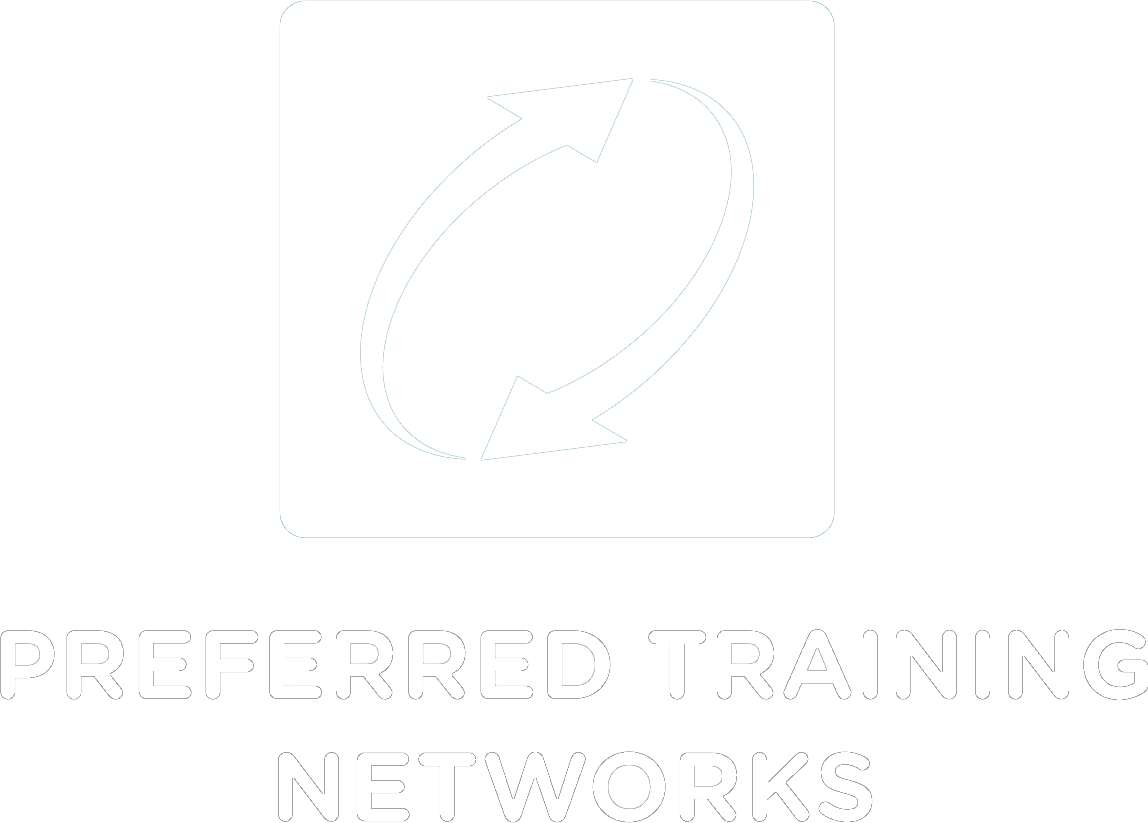“Behind the smile, a hidden knife!” This is an ancient Chinese proverb that aptly describes passive aggressive people.
Many of us can easily spot overtly aggressive people. While it does not feel good when someone belittles, insults, or criticizes you, at least you know the reason behind feeling hurt. But some people around us, including our colleagues, close family, and friends, sometimes make us feel uncomfortable, but we can’t put a finger on why. If this happens often with more than one person, you may be facing passive-aggressive behaviour.
As the word denotes, passive-aggressiveness is a behaviour that engages in an indirect expression of animosity through acts like deliberately failing to accomplish necessary tasks, subtle insults, stubbornness or sullen behaviour.
Passive aggressiveness is more difficult to detect than open aggressive behaviour. Because this behaviour is indirect or implicit, it can be hard to notice it, even as you feel its psychological consequences.
The five instances mentioned below can help you understand and identify passive-aggressive behaviour.
1. They give the silent treatment
A standard silent treatment comprises mostly of refusing to acknowledge a person’s presence, ignoring questions, and completely ignoring the other person. However, this is not the type of silent treatment you can expect from a passive-aggressive person. He or she may use more subtle ways and subject you to the silent treatment.
For instance, a passive-aggressive person may ‘accidentally’ fail to acknowledge you at work. However, it will only happen randomly so you can have trouble getting to know whether it is accidental or deliberate. The same behaviour can occur during interactions or meetings. Your colleague may ignore your comments on purpose but may do it inconsistently, so it becomes hard for you to tell if it is deliberate or not.
2. Subtle insults
Many of us know when we are openly insulted. However, subtle insults are harder to identify for what they really are. Your colleague may pretend to compliment you, yet when you think about it later, you realize it is a disguised insult. For example- imagine you are turning in a report to your manager. He goes through it and informs you that you did a nice job (which is a compliment). But then also adds that your report was “almost as good as Alex’s” (a subtle insult).
3. Sullen behaviour
It is uncomfortable to be around people who are subtly moody, gloomy, sour, sulky or grumpy. It is as bad as being with people who behave explicitly like this. For instance, a person—if she or he answers you at all—may respond to your innocent remark, question or comment slightly in a negative way. A sullen person will not smile, not even when somebody tells a joke and the rest of the people are laughing. People who show sullen behaviour can subtly complain about everything, making everyone around them feel sad and uncomfortable without knowing the reason behind their mood.
4. Stubbornness
In some situations, stubbornness is a beneficial personality trait, especially when holding onto something that is important or while taking a stand. But sometimes being stubborn can merely be a method of punishing someone. An indirectly stubborn person will usually defend his viewpoint or position and participate in arguments. But he will not allow you to dismiss his viewpoint based on lack of logical reasoning or evidence. To him, and you (according to him), his viewpoint is correct and his argument is valid.
A passive aggressive person will also stubbornly push his views only to annoy you or others who are listening to him
5. Failure to finish the necessary tasks
Many of us associate stubborn behaviour with children. It is usual and quite understandable to see toddlers or teens refusing to do what they are told. However, when an adult acts this way, it can lead to confusion.
At some point in your professional life, you may have come across a colleague who always finds a way to avoid the necessary tasks he needs to do. You may have worked with a team member who contributes almost nothing in the team project but still gets credit.
Such team members or colleagues leave complete responsibility for their tasks on others or if they have taken on an assignment, they do not complete it on time. This practice may not be a result of passive aggressive behaviour if the said person fails due to a procrastinating personality, personal problems or work stress. However, if this failing attribute is independent of external factors and happens quite frequently and deliberately with a person, it can count as passive-aggressive behaviour.
Passive aggressive behaviour is more frequent than it seems. Due to its subtle signs, it almost always goes undetected until it is too late. Identifying and confronting passive aggressive behaviour effectively requires knowledge and skill. You can learn more about recognising and combatting passive aggressiveness through an intensive online course at www.preftrain.com.au. Their behaviour management courses are designed to help identify, monitor and deal with various forms of aggression, be it in your home or workspace.


